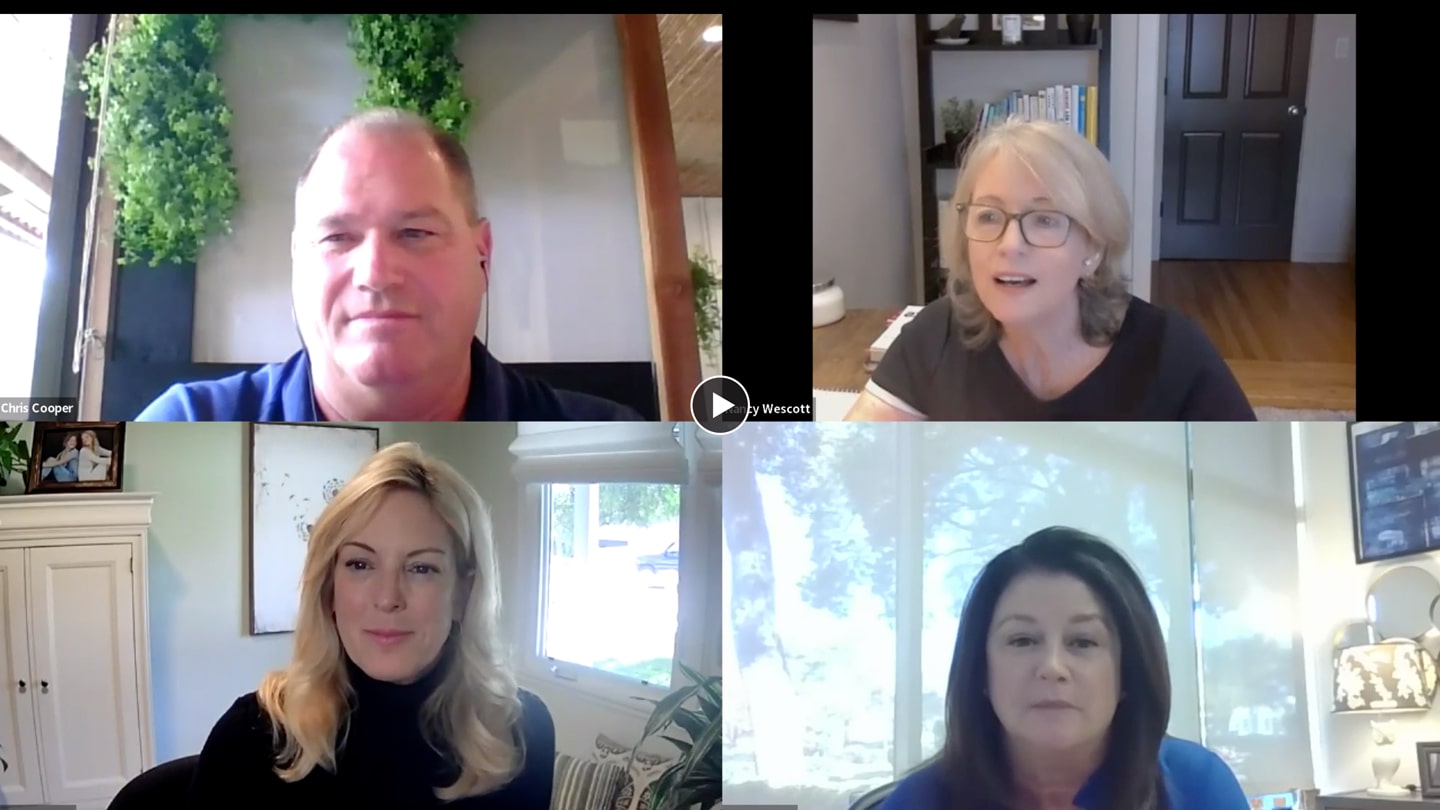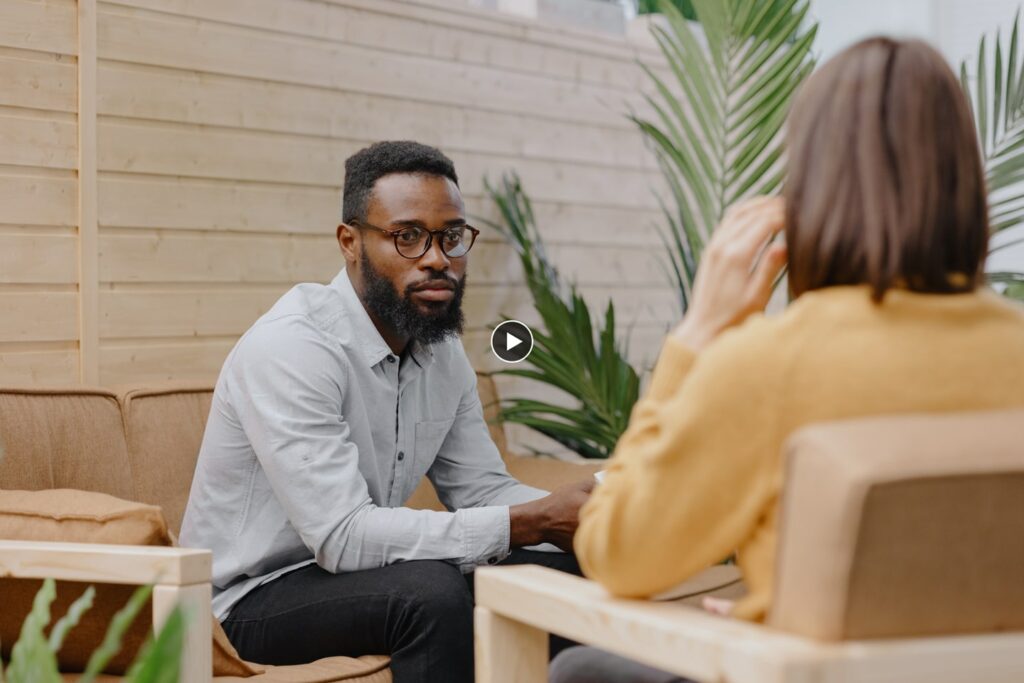The Future of Championing Women in the Workplace: A Real Discussion
Co-Host: Nancy Wescott, Head of Sales and Client Partnerships, Coaching Right Now; Former VP of Sales, North America, GAP
Co-Host: Chris Cooper, Senior Advisor, Coaching Right Now; Former Senior Vice President, Human Resources, Ross Stores
Guest Speaker: Julie Vannini, Senior Vice President, Human Resources, World Market
Guest Speaker: Corri Cooper, President & Founder, Blue • 7 Consultive; Former Head of Learning & Inclusion at Amazon Games





